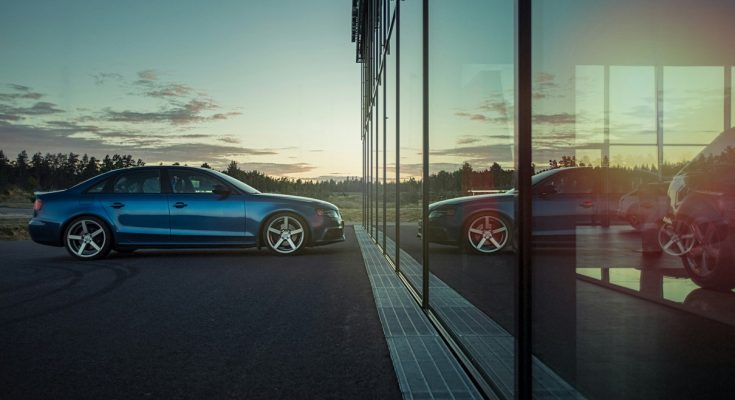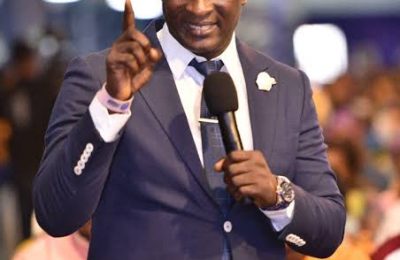

Whenever you think of buying a car or changing your current one to a new brand, it is wise to consider certain things before buying a second-hand car in Nigeria. You don’t want to be fooled nor do you want to pretend like you know what you’re about to venture into.
By the time you dare finalize the purchase of that good-looking car; you must have done thorough research. Isn’t it? In this current economic situation in Nigeria, there is no room for mistakes. In this article, we’ll share eight things to consider before buying a second-hand car.
1. The History of the Car

Don’t even think tracing the history of a second-hand car in Nigeria would be overwhelming for you whether the car is Nigerian or foreign used. It is crucial to know the past of the car for you to be able to make factual decisions. The “history” I’m talking about here are the past owners and car documents.
Verbally, you can engage the seller by asking for the accident history of the car, and do a physical inspection together – from its colour to any signs of repair. For a foreign used car, you should go along with a trusted mechanic who can help you with relevant questions that would be expository enough to understand the history of the car.
2. Thorough Mechanical Inspection
Mechanical inspection is not something that can be done in a hurry. Yes, don’t underestimate their expertise when it comes to buying a second-hand car. It is very important because mechanics are very familiar with different types of cars and have worked on many so they can easily spot any faulty areas. The brake, engine, suspension, gear, steering, and other critical components are things you might not be able to tell how efficient they are. Another paramount thing to consider before buying a second-hand car is the overall safety of the car. How well can it travel long distances? Will it be efficient daily? It is only a skilled mechanic that would be able to detect these; unless you also have the knowledge.
3. Car Documentation
A proper verification of a second-hand car is very important; take your time to review every piece of information in it. An essential part is the registration papers which contain the engine numbers, registration numbers, and other crucial identification numbers expected in a car. Note that the registration date must be up to date.
Document for “Vehicle Identification Number” (VIN) is also something you should look out for; it contributes to the authenticity of a car. Border clearance, Customs Clearance Certificate, and clearance for importation are essential documents you must consider before buying a second-hand car; a foreign one to be precise.
4. Vehicle Identification Number (VIN)
This is a unique code assigned to cars; it is an identifier that distinguishes one car from the other. It is a combination of letters and numbers that gives more information about the vehicle. Through the VIN, you’ll be able to confirm the production year, country of origin, model, manufacturer, and so on. You can use a car’s number to trace its accident history, ownership history, and insurance record. Note that the VIN on the vehicle must match the one in the registration document.
5. Test Drive
You must test drive before purchasing a vehicle to know its wellness. You will know how comfy it is and how smooth the accelerator and brake work. Test the steering as much as you can; so you won’t end up unresponsive. The gear, light, and air condition should be checked if they are properly functioning. If you’re allowed, you can test drive around different areas to have a feel of its performance. But two or three kilometers are enough before they start suspecting you.
6. The condition of the car
It is imperative that you examine the inner and outer parts of a car before purchase. You should look out for any form of damage, rust, scratches, side mirrors, trunk, and colour. Cross-check all the tires, windows, and doors if they are in good condition. The interior area of the car should also be inspected; check if there are tears, the seat condition, and the safe.
7. Transfer of Ownership
Don’t skip this process; transfer of ownership. You must ensure the seller has the necessary documents to prove its possession. All the papers must be signed; invoice of purchase, original registration papers, and transfer form. Investigate if there are any legal claims against the vehicle. The essence is for you not to inherit any financial issues. Finally, the car must be legally transferred to you, or else you won’t be able to defend yourself if counterclaims spring up.
8. Price and Seller Research
Decide on the brand you’re interested in. In Nigeria, any second-hand car you intend to buy should be from a famous brand; so that getting it repaired and managed well in the future will not be a problem. The model determines the price; compare prices before you finally settle for a seller. A crucial thing to consider before buying a second-hand car is “seller legitimacy”. Don’t buy from just anyone without thorough research; it is not the least thing you’ll want in your life to be deceived. In other words, buy from a reliable source; don’t buy from a fraudster; a place you cannot go back to should not be considered.








